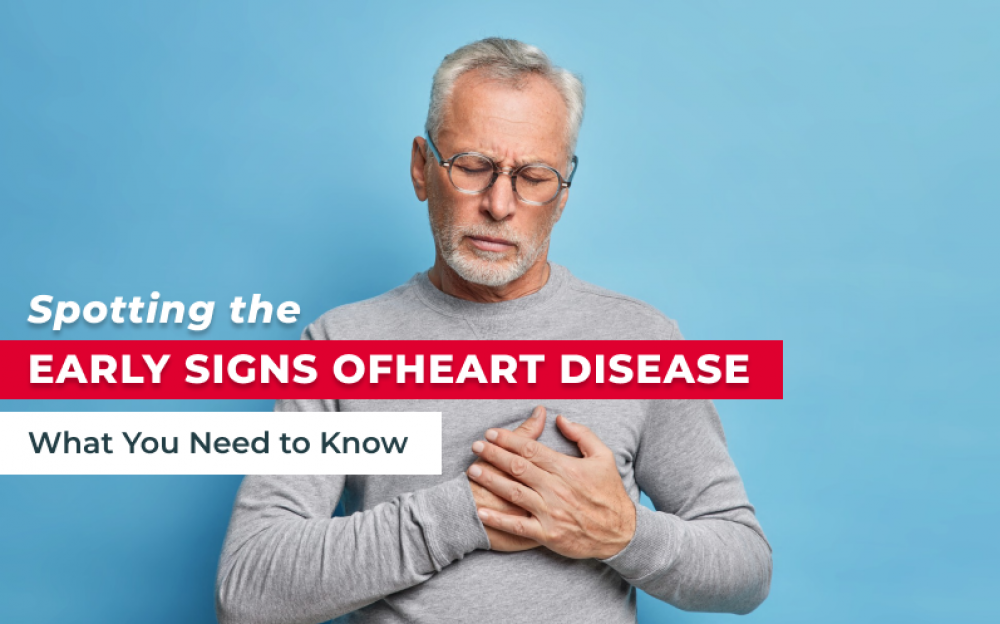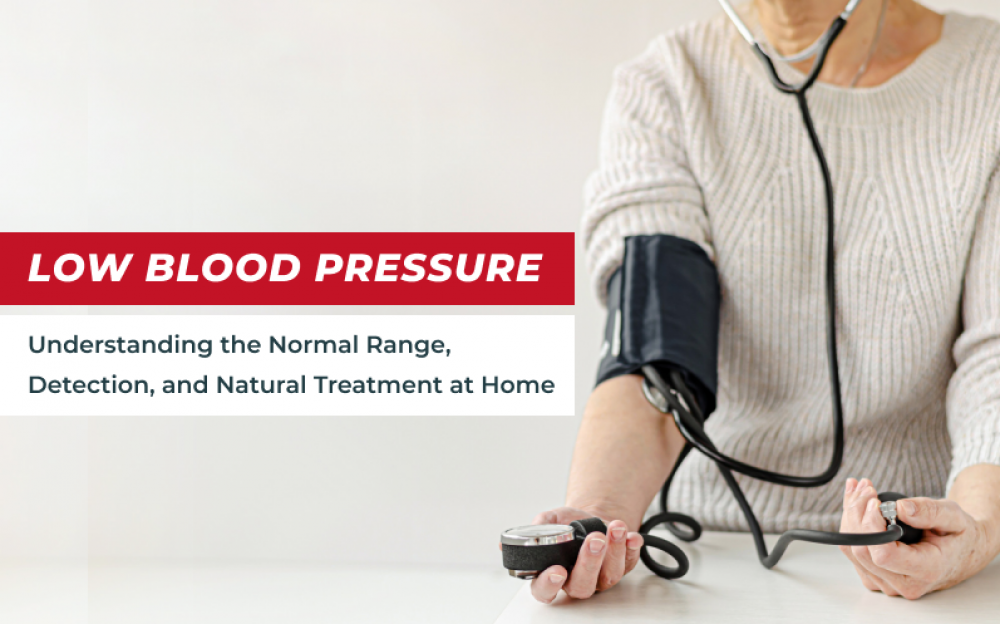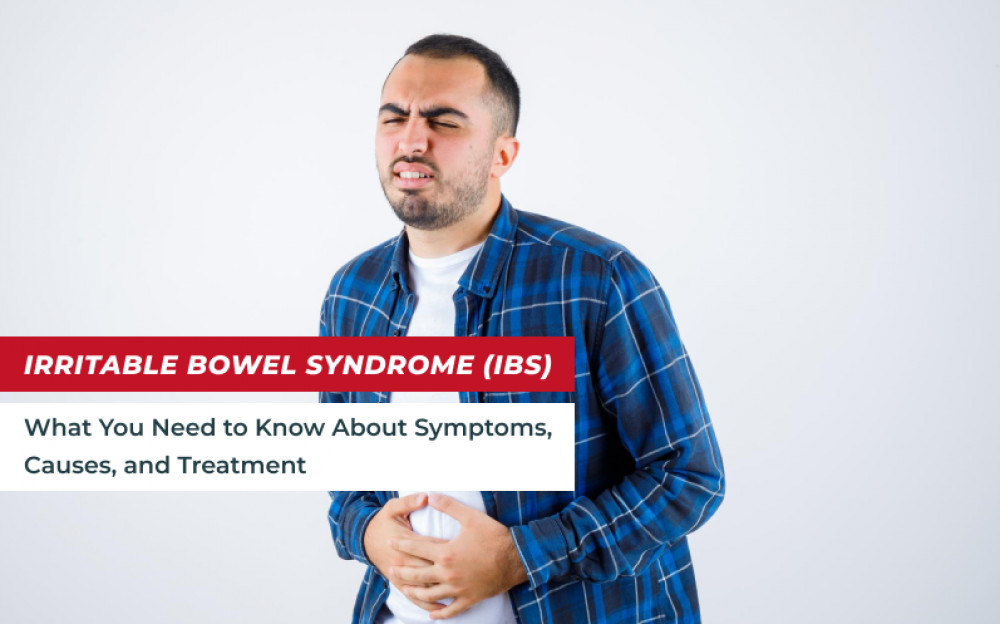

Heart disease is a leading cause of death worldwide. Early detection of heart disease can help prevent serious complications and improve the chances of a successful outcome.
1. Chest Pain or Discomfort:
Chest pain or discomfort is a common symptom of heart disease, and can range from mild discomfort to severe pain.
2. Shortness of Breath:
Shortness of breath can occur when the heart is not able to pump blood effectively, leading to a build-up of fluid in the lungs.
3. Fatigue:
Fatigue can be a sign of heart disease, especially if it occurs suddenly and without explanation.
4. Swelling:
Swelling in the legs, ankles, or feet can be a sign of heart failure, as fluid builds up in the body when the heart is not able to pump effectively.
5. Irregular Heartbeat:
An irregular heartbeat, or arrhythmia, can be a sign of heart disease and should be evaluated by a doctor.
6. Lightheadedness or Dizziness:
Lightheadedness or dizziness can be a sign of heart disease, especially if it occurs suddenly and without explanation.
7. Nausea:
Nausea can be a sign of heart disease, especially if it occurs suddenly and without explanation.
1. High Blood Pressure:
High blood pressure, or hypertension, is a major risk factor for heart disease.
2. High Cholesterol:
High cholesterol levels can increase the risk of heart disease.
3. Smoking:
Smoking increases the risk of heart disease, and is a major cause of heart disease-related deaths.
4. Diabetes:
Diabetes is a risk factor for heart disease, as high blood sugar levels can damage the blood vessels and increase the risk of heart disease.
5. Family History:
A family history of heart disease can increase your risk of developing heart disease.
6. Age:
The risk of heart disease increases with age.
7. Obesity:
Obesity is a major risk factor for heart disease, as excess weight can increase the risk of heart disease.
1. Healthy Diet:
A healthy diet that is low in saturated fat, cholesterol, and sodium can help reduce the risk of heart disease.
2. Regular Exercise:
Regular exercise can help lower the risk of heart disease and is an effective way to maintain a healthy weight.
3. Quitting Smoking:
Quitting smoking is an important step in reducing the risk of heart disease.
4. Stress Management:
Stress management can help lower the risk of heart disease, as stress can increase the risk of heart disease.
In conclusion, heart disease is a leading cause of death worldwide, and early detection of heart disease can help prevent serious complications and improve the chances of a successful outcome. Some of the early signs of heart disease include chest pain or discomfort, shortness of breath, fatigue, swelling, irregular heartbeat, lightheadedness or dizziness, and nausea. Major risk factors for heart disease include high blood pressure, high cholesterol, smoking, diabetes, family history, age, and obesity. Making lifestyle changes, such as a healthy diet, regular exercise, quitting smoking, and stress management, can help lower the risk of heart disease.

Low Blood Pressure: Understanding the Normal Range, Detection, and Natural Treatment at Home

Irritable Bowel Syndrome (IBS): What You Need to Know About Symptoms, Causes, and Treatment